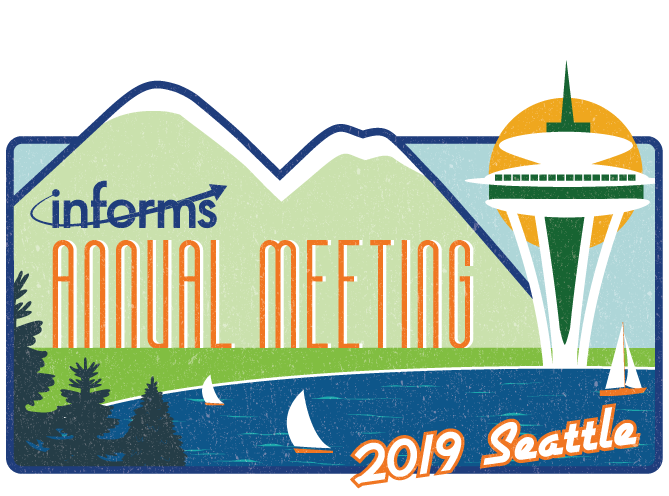Is your research “responsible”?
There are whopping 86 tracks at INFORMS this year which can easily disorient an attendee. As I decide which talks to attend at INFORMS, I increasingly gravitate to talks which fit into the framework of “responsible” research. This all started for me a few years back when 28 academics from across the fields and schools (myself included) started something called Responsible Research in Business and Management. If you have a chance, please take a look at the position paper and consider supporting it through web site. In brief, responsible research should score highly on the 7 principles below. If you buy into this notion, please consider attending a session that I chair on Responsible Research in Operations Management as well as a keynote by Kamalini Ramdas. Also think about submitting a paper to the Special Issue of M&SOM on Responsible Research. There are many sessions at INFORMS that address important issues fitting Responsible Research framework: food waste, poverty, inequality etc., looking forward to learning from other researchers.
Principle 1—Service to Society: Development of knowledge that benefits business and the broader society, locally and globally, for the ultimate purpose of creating a better world.
Principle 2—Stakeholder Involvement: Research that engages different stakeholders in the research process, without compromising the independence of inquiry.
Principle 3—Impact on Stakeholders: Research that has an impact on diverse stakeholders, especially research that contributes to better business and a better world.
Principle 4—Valuing Both Basic and Applied Contributions: Contributions in both the theoretical domain to create fundamental knowledge and in applied domains to address pressing and current issues.
Principle 5—Valuing Plurality and Multidisciplinary Collaboration: Diversity in research themes, methods, forms of scholarship, types of inquiry, and interdisciplinary collaboration to reflect the plurality and complexity of business and societal problems.
Principle 6—Sound Methodology: Research that implements sound scientific methods and processes in both quantitative and qualitative or both theoretical and empirical domains.
Principle 7—Broad Dissemination: Diverse forms of knowledge dissemination that collectively advance basic knowledge and practice.


